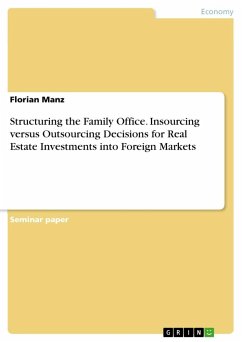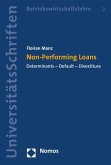
Statt 18,95 €**
16,99 €
**Preis der gedruckten Ausgabe (Broschiertes Buch)
inkl. MwSt. und vom Verlag festgesetzt.
Sofort per Download lieferbar
eBook, PDF
17. März 2015
GRIN Verlag
eBook, PDF
6. November 2018
Nomos Verlagsgesellschaft mbH & Co. KG
Ähnliche Artikel
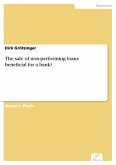
Statt 148,00 €**
98,00 €
**Preis der gedruckten Ausgabe (Broschiertes Buch)
inkl. MwSt. und vom Verlag festgesetzt.
Sofort per Download lieferbar
VersandkostenfreieBook, PDF
25. Januar 2006
Diplom.de
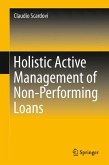
eBook, PDF
5. November 2015
Springer International Publishing
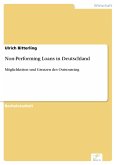
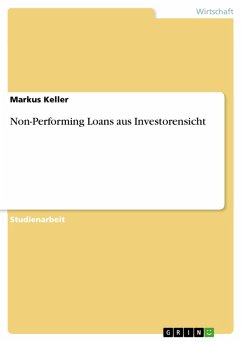
Statt 42,95 €**
29,99 €
**Preis der gedruckten Ausgabe (Broschiertes Buch)
inkl. MwSt. und vom Verlag festgesetzt.
Sofort per Download lieferbar
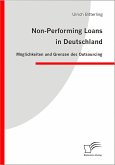
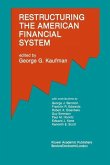
eBook, PDF
6. Dezember 2012
Springer Netherlands
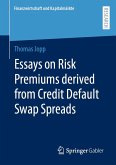
eBook, PDF
4. Oktober 2024
Springer Fachmedien Wiesbaden
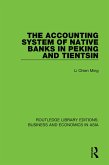
eBook, PDF
2. November 2018
Taylor & Francis eBooks
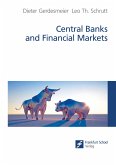

eBook, PDF
18. Juli 2022
Walter de Gruyter GmbH & Co.KG
Ähnlichkeitssuche: Fact®Finder von OMIKRON

